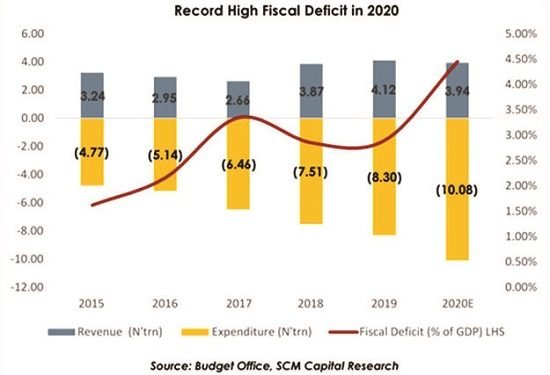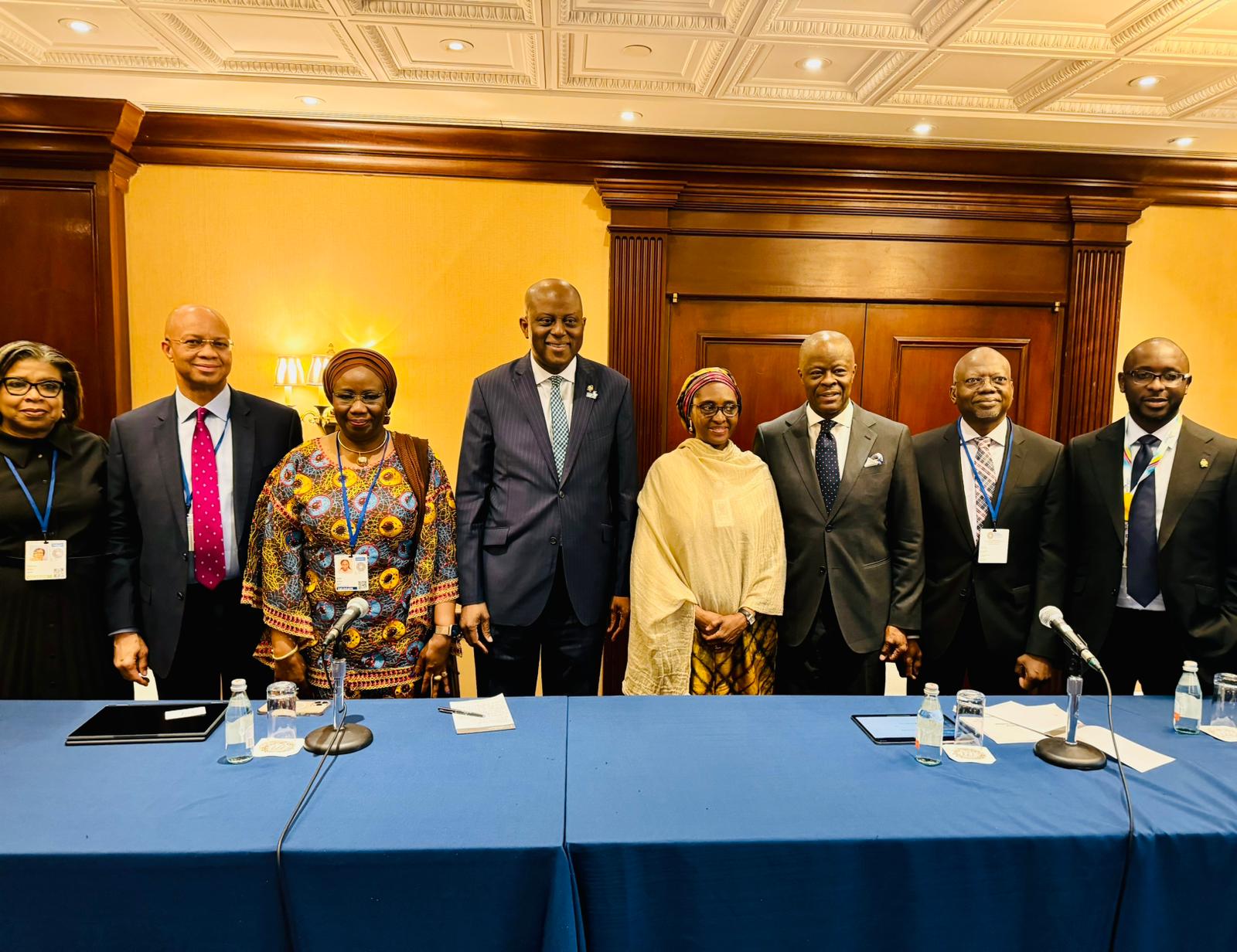Business
Apprehension In Markets As CBN Holds First 2021 MPC Meeting

The Central Bank of Nigeria (CBN) begins its first meeting in 2021 today with the apex bank’s monetary policy decision-makers expected to consider its monetary tools and make crucial decisions on benchmark interest and other monetary rates.
The Monetary Policy Committee (MPC) of the CBN is expected to decide on the Monetary Policy Rate (MPR), which was retained at 11.50 per cent at the last meeting in November, last year.
The decisions of the apex bank, which are expected to be announced at the end of the two-day meeting tomorrow, Tuesday, January 26, 2021, are expected to have ripple effects across the markets. A decision to hold rates may retain the current market trend in favour of equities, but a hike in rates could moderate quoted equities’ rally in favour of fixed-income market.
The MPC traditionally reviews the developments in the domestic and global economies and the state of the financial markets, especially the domestic market, while making possible projections on the outlook as guidance for its decisions.
Cordros Group, a major investment banking group, said it expected the apex bank to hold the MPR unchanged.
According to analysts at Cordros, although rising inflationary pressures alongside fragilities in the balance of payments present a strong case for monetary tightening, it is rather too early for such a stance given the need to support economic recovery.
Analysts noted that monetary tightening would contradict previous heterodox policies targeted towards improving the flow of credit to the real sector of the economy and prolong the recovery phase.
“Monetary policy tightening will also create severe financial market turbulence and amplify deficit financing pressures for the government. On a balance of factors, we believe the Committee will keep policy rates unchanged and affirm the use of unorthodox measures such as CRR debits, Loan-to-Deposit Ratio (LDR), and direct intervention in employment-stimulating sectors to influence macroeconomic outcomes and ultimately attain macroeconomic stability,” Cordros stated.
Business
FG To Pin Down Ways, Means To Address Liquidity In The System

Joel Ajayi
In its avowed determination to alleviate the pressure of excess money in the system, the Federal Government has said that it will pin down Ways and Means to deal with the problem of too much liquidity in the system
The Honourable Minister of Finance and Co-ordinating Minister of the Economy, Mr Wale Edun, disclosed this in Washington DC, United States of America, while answering questions from journalists shortly
after a meeting with investors at the on-going Spring Meetings of the IMF and World Bank.
He informed the global gathering that the President Bola Ahmed Tinubu-led Administration was fully determined to
pinning down on Ways and Means to alleviate the pressure of the excess money in the system, adding that in the light of this, the fiscal and monetary authorities were also working towards bringing down inflation.
Mr. Edun added that by so doing, the two authorities are working hand in hand to bring down inflation and pressure on price stability and stabilising the exchange rate with the target of bringing down interest rates so that investors can borrow at a more affordable rate with a view to getting the economy going the right direction again.
We need to borrow less and focus more on domestic resource mobilization. We want long-term resources to avoid repayment and refinancing pressures, he said.
The Minister added further that the nation’s tax/GDP was too low, even lower than the African region’s average and that as such, reforms were underway to streamline the number of taxes, deploy technology and implement policies that would double tax revenue in the next three years
At 10 percent to GDP, what should I say? It would appear as if some people are not paying their taxes. Our strategy is to increase the tax revenue without increasing the rate of taxes. We want to deploy technology to make tax collection more efficient.
Our analysis has shown that 90 percent of tax revenue comes from nine tax heads while we have over 80 taxes from federal through states to local councils.
If we eliminate the large number of these taxes and concentrate on the nine that yield the current 90 percent revenue and deploy technology, there will be more efficiency and we will be able to double our tax revenue in about three years, Edun said
He stated further that if we eliminate the large number of taxes and bill people properly, we will gain in terms of the peoples’ willingness to pay and you will collect more revenue. The Minister assured.
While addressing a question on food security, the Minister said that the present administration was dealing with the problem so as to provide farmers’ access to their farms, especially in parts of the country where insecurity has played a major role in reducing food production.
Mr. Wale Edun added that agro clusters were being developed in collaboration with the African Development Bank so as to increase food production in the country.
Alongside the Minister at the meeting were the former Minister of Finance Zainab Ahmed, Permanent Secretary, Federal Ministry of Finance Mrs Lydia Shehu Jafiya, Governor of the Central Bank of Nigeria (CBN) Mr Olayemi Cardoso and some other top government officials.
-

 Featured5 years ago
Featured5 years agoLampard Names New Chelsea Manager
-

 Featured4 years ago
Featured4 years agoFG To Extends Lockdown In FCT, Lagos Ogun states For 7days
-

 Featured5 years ago
Featured5 years agoNYSC Dismisses Report Of DG’s Plan To Islamize Benue Orientation Camp
-

 Featured4 years ago
Featured4 years agoChildren Custody: Court Adjourns Mike Ezuruonye, Wife’s Case To April 7
-

 Featured3 years ago
Featured3 years agoTransfer Saga: How Mikel Obi Refused to compensate me After I Linked Him Worth $4m Deal In Kuwait SC – Okafor
-
Sports1 year ago
TINUBU LAMBAST DELE MOMODU
-

 News8 months ago
News8 months agoJubilation In Kaduna As Tribunal Upholds Ekene Adam Winner Of Reps Election
-
Featured5 years ago
Board urges FG to establish one-stop rehabilitation centres in 6 geopolitical zones
